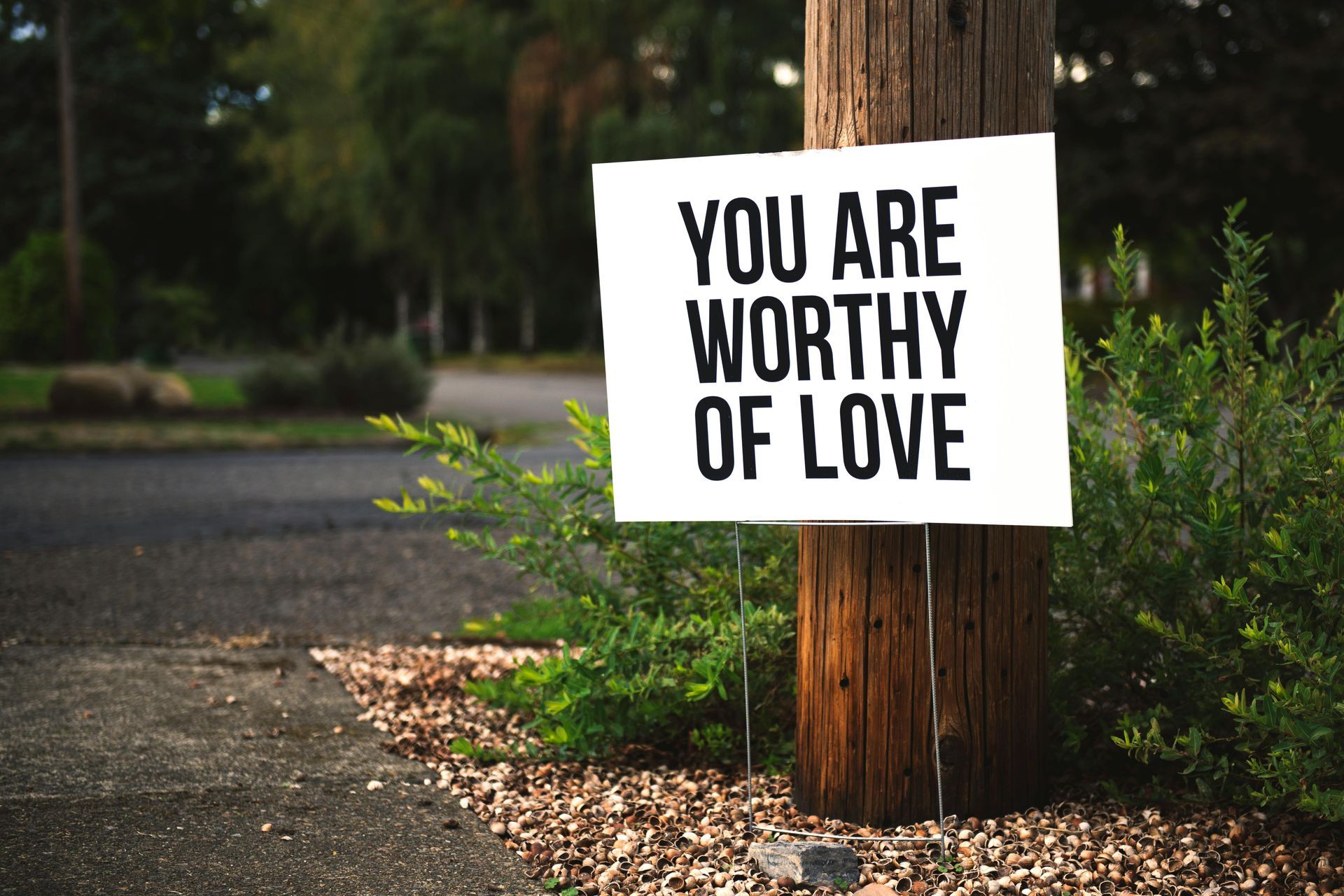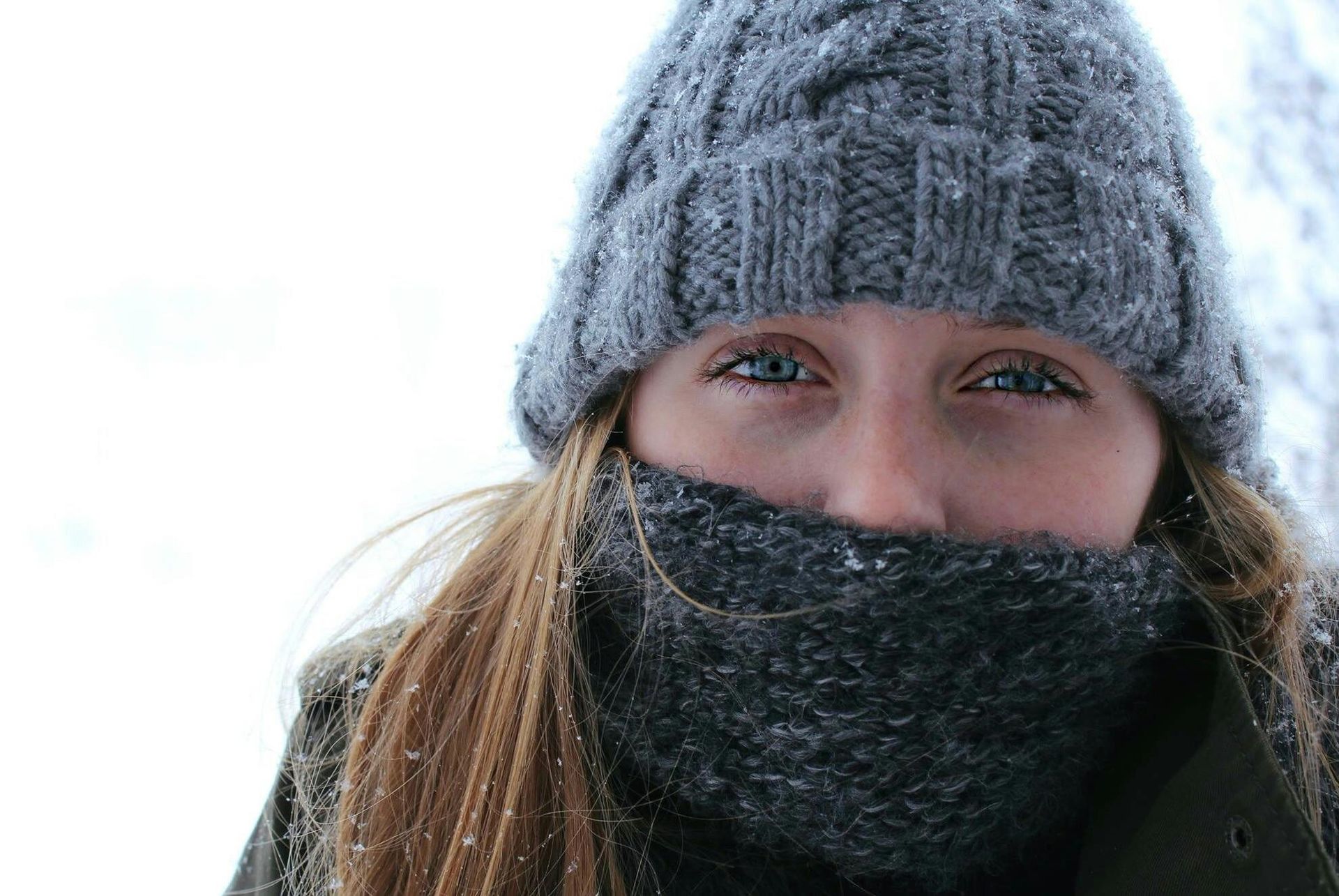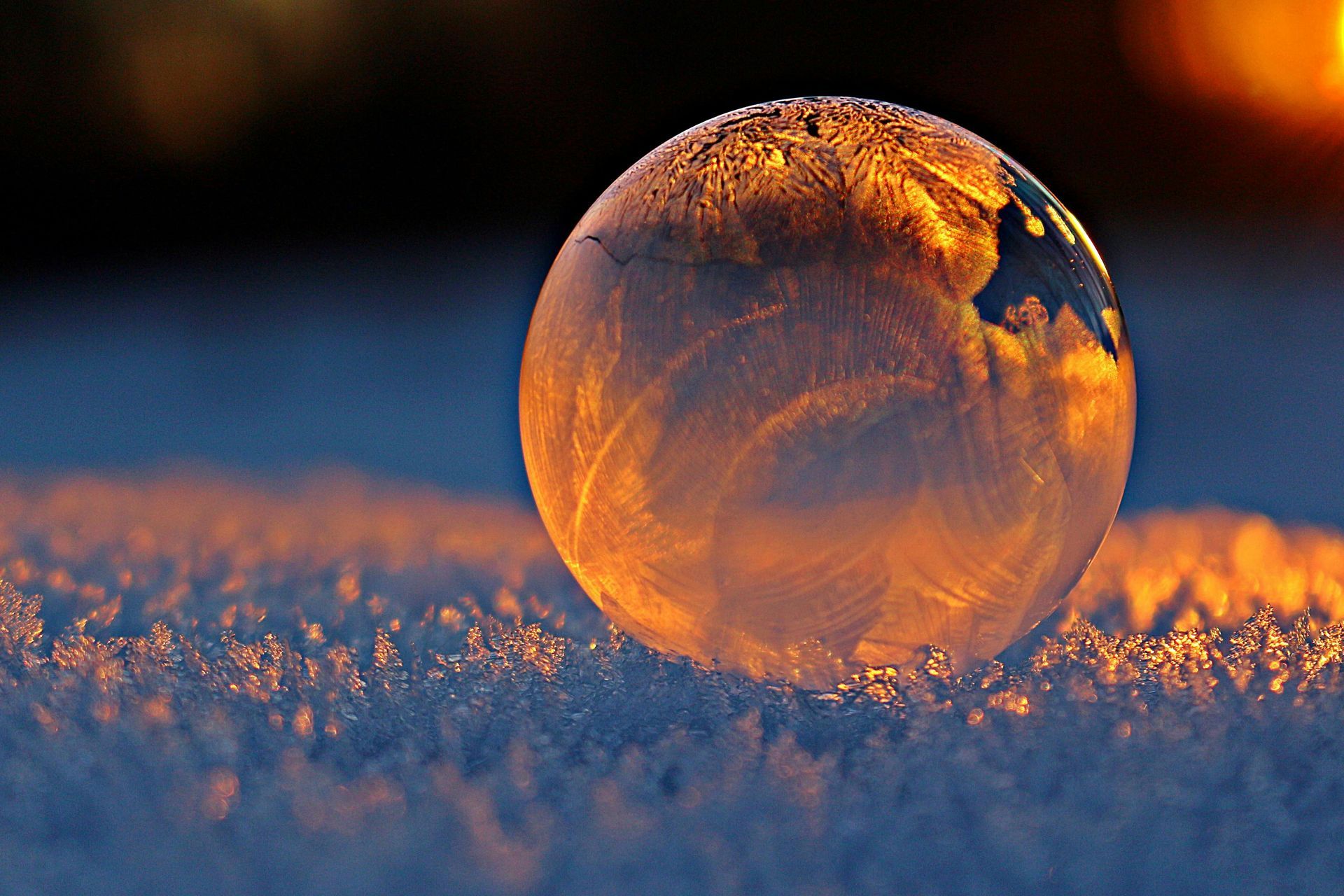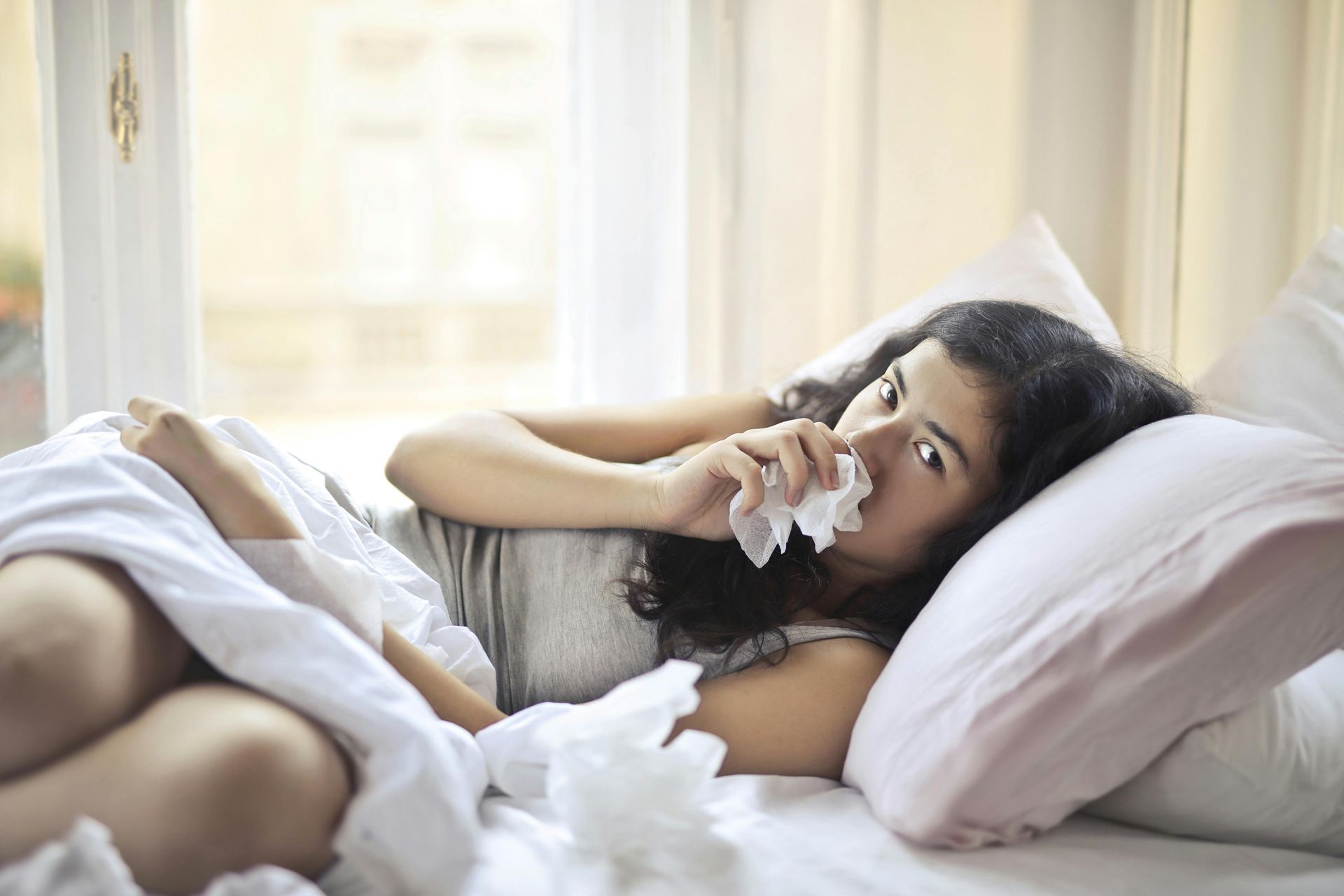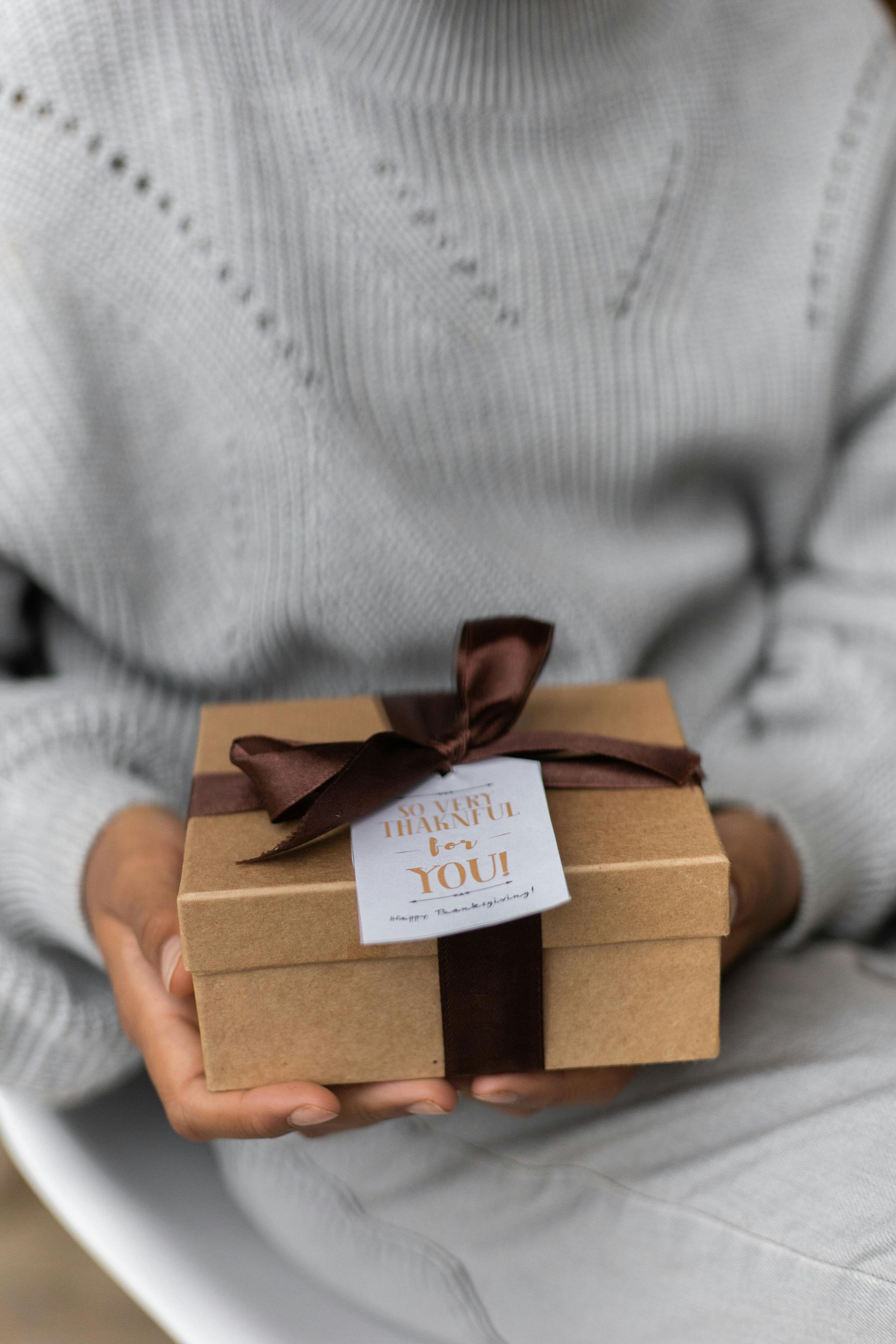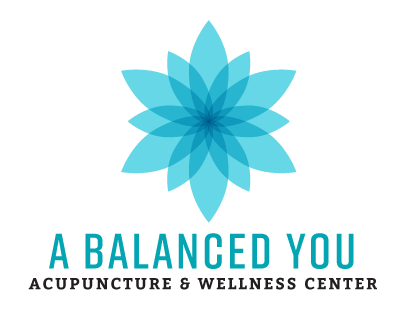Cold plunges are trending big time.
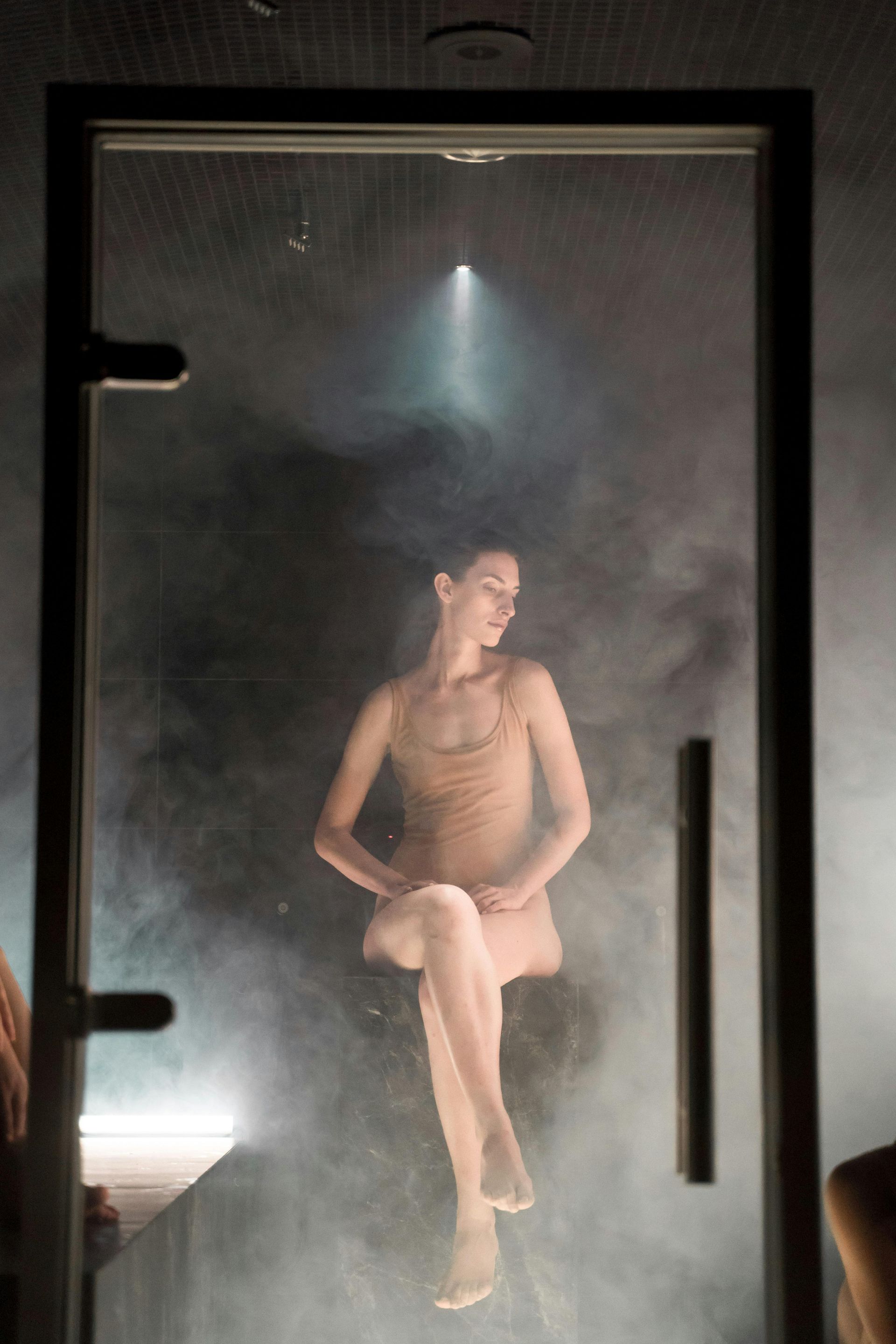
TikTok, Instagram, and YouTube are full of people (women!) jumping into ice baths and saying how energized, focused, or unstoppable they feel afterward.
But before you grab a tub of ice and start your own cold plunge challenge, here’s something you should know:
Most of the research on cold exposure is based on men—not women.
So how do cold plunges affect your body, especially if you're dealing with hormone changes, stress, or even just your period?
Let’s explore what science and Traditional Chinese Medicine (TCM) say—without the hype.
Wait, What
Is a Cold Plunge?
A cold plunge (or ice bath) usually involves sitting in very cold water (around 10–15°C or 50–59°F) for a few minutes. The idea is that this helps:
- Reduce muscle soreness
- Boost energy
- Improve mood
- Lower inflammation
Sounds cool, right? But here’s the twist—cold plunges can impact female bodies differently than male ones.
How Cold Affects Women's Bodies (Science-Based Facts)
1. Women Feel Colder Faster
Your skin has more cold receptors than men’s [1]. That means you feel the cold sooner and more intensely—which is why you might be shivering while your brother or boyfriend is still fine.
2. Your Nervous System Reacts More Strongly
Women’s blood vessels narrow faster in response to cold, which makes your fingers and toes go numb more quickly [2]. This can put added pressure on your nervous system and lead to stress, tension, and even anxiety.
3. Hormones + Cold = Extra Stress
Right before your period (in the luteal phase), your body is more sensitive to stress. Studies show cold exposure during this time may raise cortisol, the main stress hormone [3]. High cortisol can mess with your sleep, mood, and even cycle regularity.
4. Thyroid Issues Are More Common in Women
Women are up to 10x more likely to have thyroid problems [4]. And yes—cold exposure can slow down your thyroid, making you feel tired, cold, or even messing with your metabolism if your system is already sensitive.
What Traditional Chinese Medicine Says About Cold & Women
In Traditional Chinese Medicine, the body is like a garden that needs balance between warm and cool energies:
- Yang energy is warm, active, and energizing.
- Yin energy is cool, calm, and nourishing.
TCM teaches that women naturally have more Yin, and need to protect their Yang (warmth)—especially during their period, after childbirth, or during times of stress.
Here’s what TCM says about cold plunges:
1. Cold Drains Your Inner Warmth
Your Ming Men Fire (located between your kidneys) is considered your core source of energy. TCM says that repeated cold exposure can weaken this fire—leading to fatigue, low energy, and even hormone imbalance.
2. Cold Can Disrupt Your Menstrual Cycle
Cold is thought to invade the uterus, especially if you’re on your period or naturally run cold. This could lead to symptoms like:
- Painful periods
- Irregular cycles
- Bloating
- Infertility over time
3. Cold Slows the Flow
In TCM, free flow = health. If cold causes your energy or blood to “get stuck,” it may increase cramps, PMS, and emotional imbalance.
So… Are Cold Plunges Bad for All Women?
Not necessarily. Some women may feel great after a cold plunge. But if you:
- Get cold easily
- Have painful or irregular periods
- Are always tired or stressed
- Have thyroid or hormone issues
...then cold plunges may be doing more harm than good right now.
A Better Way to Support Your Body
Instead of shocking your system, try warming it up with:
- A hot water bottle on your belly (especially during your period)
- Warm meals and herbal teas
- Gentle movement like yoga or walking
- Acupuncture or cupping to support hormone balance naturally
Your body isn't always weak—it’s wise. It’s always giving you clues about what it needs.
Want Natural Help for Period Pain or Hormones?
At A Balanced You Acupuncture & Wellness Center in Jacksonville, FL, we help women of all ages find relief from period pain, hormonal imbalance, fatigue, and stress through gentle, natural therapies.
Book an appointment and learn how we can help you warm up, reset, and heal—without the ice bath.
SOURCES:
- Stocks JM et al. “Physiological responses to cold exposure.”
The Lancet, 1998.
- Graham TE. “Gender differences in thermoregulation.”
Exercise Sport Sci Rev, 2002.
- Geelen G et al. “Endocrine responses to whole-body cold exposure.”
Journal of Applied Physiology, 1986.
- American Thyroid Association. “Thyroid Disease and Women.” https://www.thyroid.org/thyroid-disease-women/
